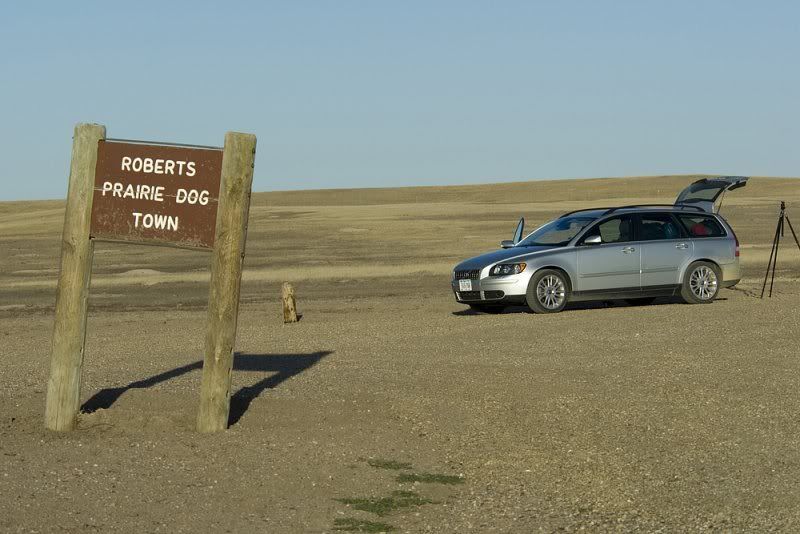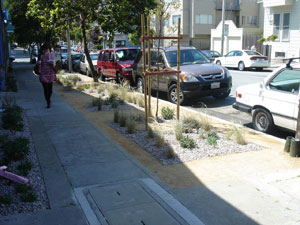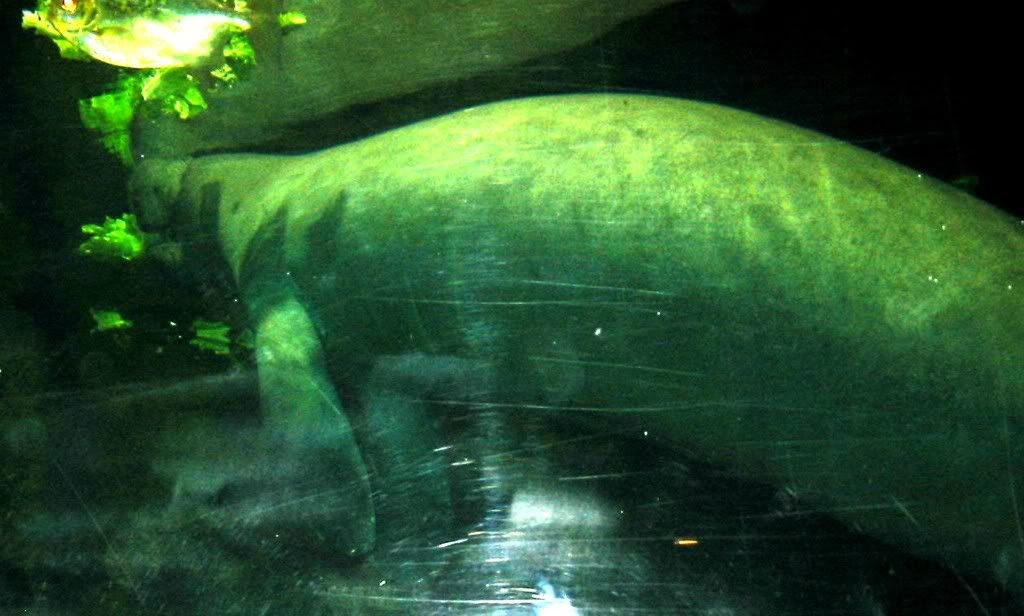 Did you ever check out what measures are used to define how much species are threatened? Since I have been using the terms repeatedly in my photo essays, I thought it wouldn’t hurt to summarize them.
Did you ever check out what measures are used to define how much species are threatened? Since I have been using the terms repeatedly in my photo essays, I thought it wouldn’t hurt to summarize them.
Café Discovery has been, after all, mostly about words and phrases and meaning. Or at least, it has tried to be.
The International Union for Conservation of Nature maintains a Red List. of threatened species. The categorization they used ranks species as, from worst on down, extinct, extinct in the wild, critically endangered, endangered, vulnerable, conservation dependent, near threatened, or least concern. Of course, there are also situations in which there is not enough data and also cases where species have just not been evaluated.
Conservation dependent (CD) is a category no longer used except for species who were previously in that category and have yet to be re-evaluated. A taxon was considered CD if it was “dependent on conservation efforts to prevent the taxon becoming threatened with extinction.” (Wikipedia entry) So one will still encounter the label, as with giraffes, for instance.
Onward:

 I was busy cropping and resizing pictures for the next photo extravaganza. I inserted a little levity into the piece by labeling a cheetah as “Predator” and some antelope-like creatures as “Assorted Food” (see inside). In the way of these things that thinking started gnawing at me a bit at a time throughout the day. Was this fair to the cheetah? Was it fair to the various springbok and gerenuk, blackbuck and wildebeest, and their kin?
I was busy cropping and resizing pictures for the next photo extravaganza. I inserted a little levity into the piece by labeling a cheetah as “Predator” and some antelope-like creatures as “Assorted Food” (see inside). In the way of these things that thinking started gnawing at me a bit at a time throughout the day. Was this fair to the cheetah? Was it fair to the various springbok and gerenuk, blackbuck and wildebeest, and their kin?
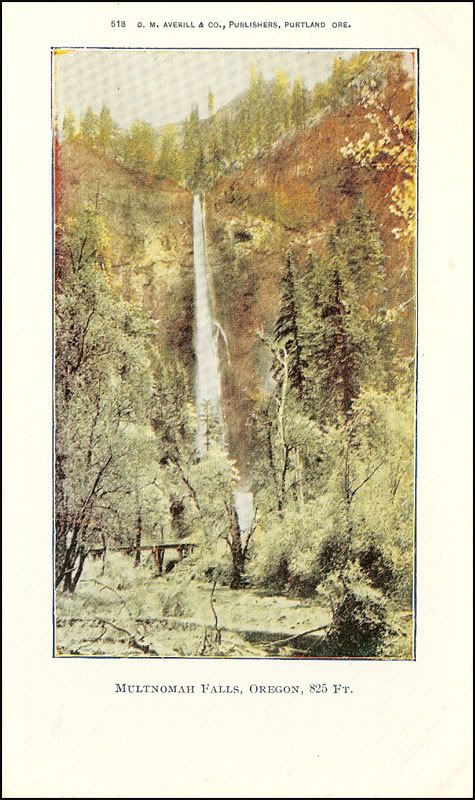
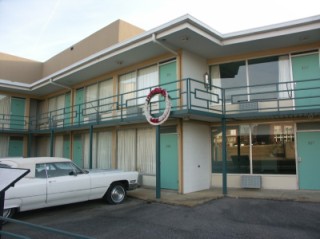
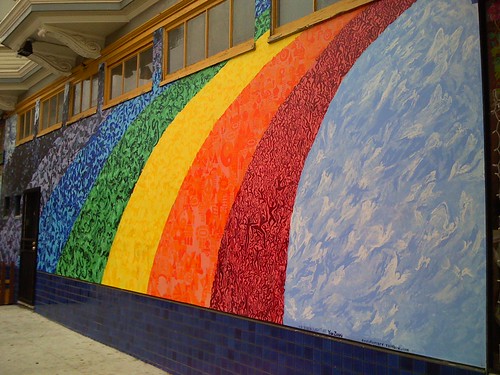
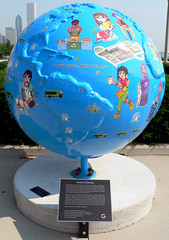 Representatives (facing an Administration veto threat)
Representatives (facing an Administration veto threat) 